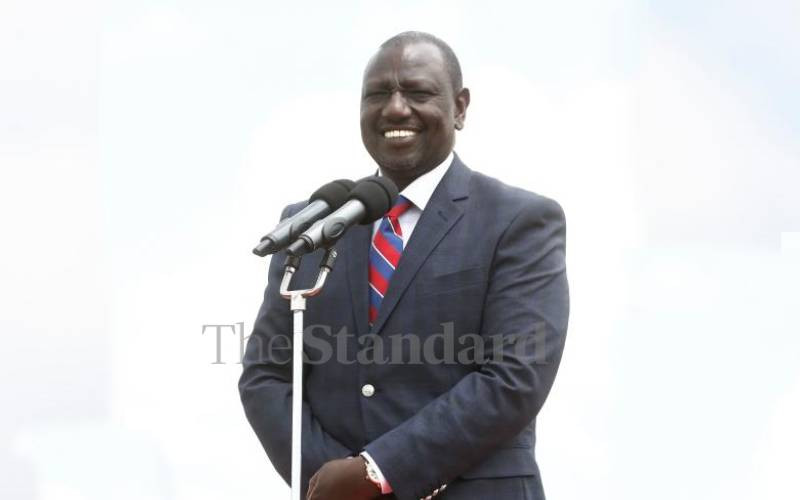×
The Standard e-Paper
Stay Informed, Even Offline

For Ruto, the journey to the highest office in the country has been in the making for more than 20 years.
By being declared as the validly elected fifth president of Kenya, Ruto has scored a first by being the first candidate to run for the presidency and win at the first attempt since the reintroduction of multi-party democracy in Kenya in the early 1990s.